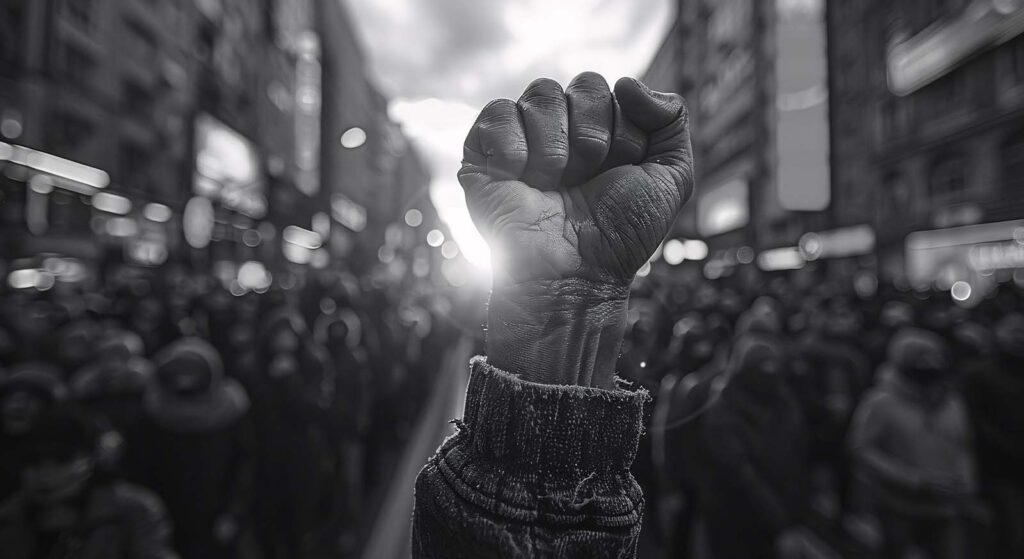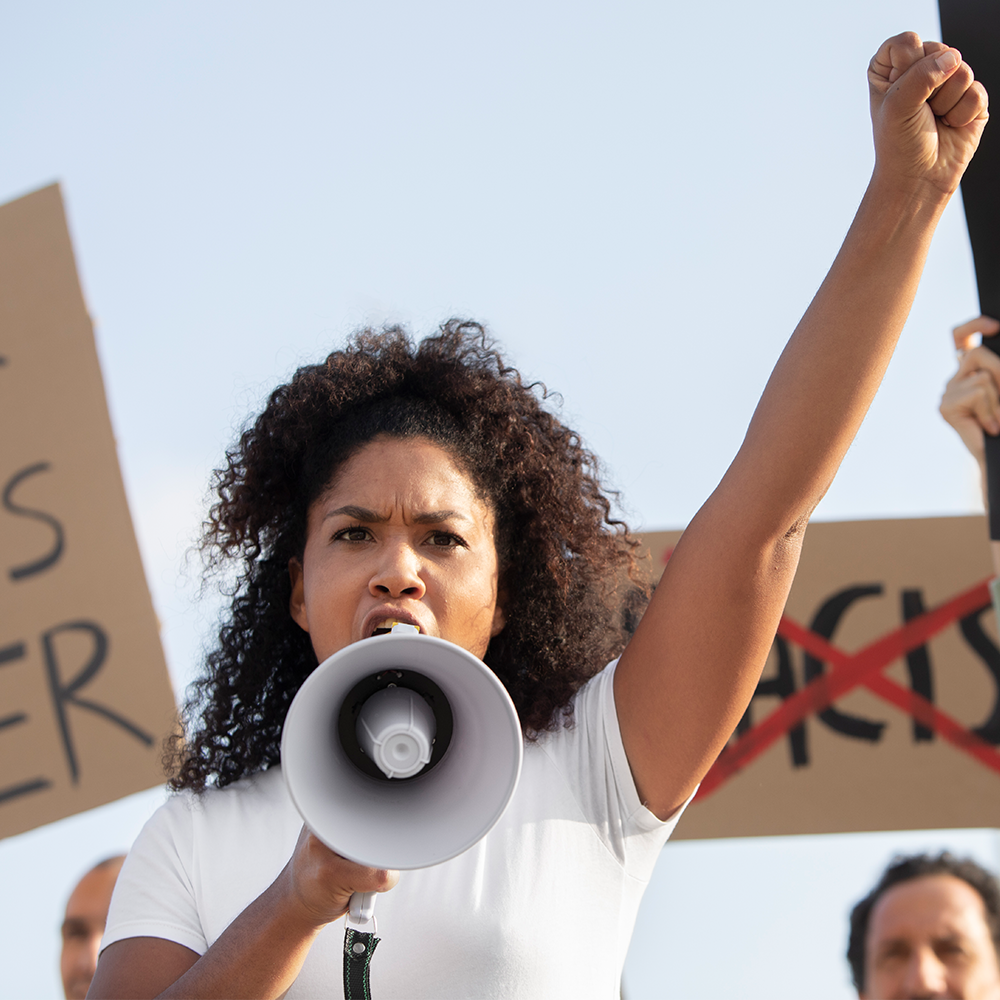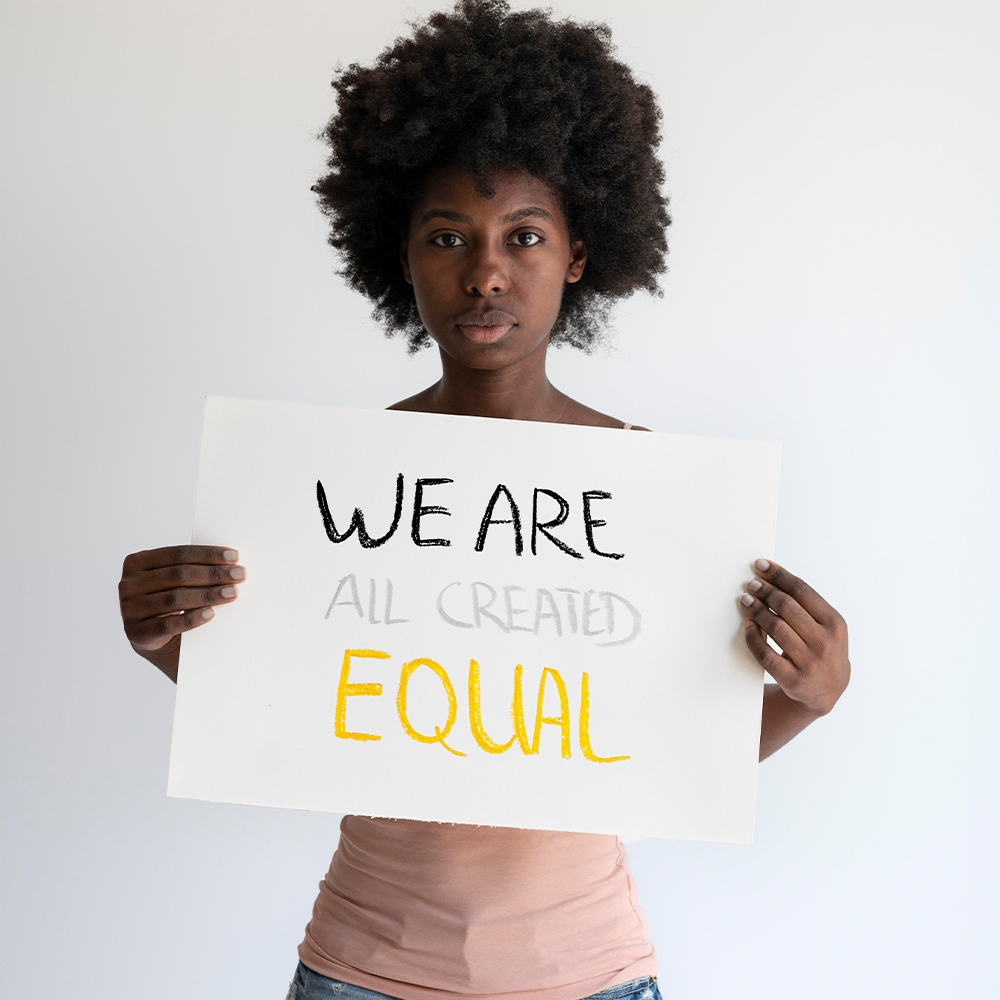
The ADALAH project aims to address issues of inequality and injustice, however, the target under ADALAH is the Muslim Community to ensure that Muslims participate in governance and democratic processes. The ADALAH project was born out of the realization that apart from lack of involvement in governance issues, Muslims are a victim of a number of inequalities of human rights in nature. Despite being the fastest growing and most practiced religion, Islam is the most misunderstood religion in the world. The general public still has little understanding of the teachings and practice of Islam. Muslims are prone to vicious stereotypes, negative public imagery, insidious profiling and attacks that equate Islam with terrorism and violation of human rights among others.

This makes it difficult for Muslims especially those in non- Islamic states/ countries to practice lslam. As Muslims in Zambia struggle for acceptance, they routinely face those who question their status and view them with distrust. While inequalities manifest in different forms it has a great effect on individual welfare and the growth of a nation. For example, unequal access to political, economic and social resources could reduce individual welfare of the individuals and if the inequality persists, then individuals may be handicapped and therefore not make the contribution to their own and society’s prosperity that they might have. The Muslim community in Zambia is coming of age and emerging as a vibrant part of our society’s fabric and vital contributors to the nation’s daily life. The Muslim community in Zambia is becoming socially, politically and organizationally engaged. The community is becoming more visible and making headway in its effort to move into the mainstream. It can be seen in the rising number of women in Hijab mosques. Despite the visibility, Muslims in Zambia still struggle with acceptance.
Their identity and status is always questioned. For many, Muslims remain “the other “the outsider, the enemy, the threat. As a result, Muslims faces inequalities when one cannot freely attend school or work in a bank on account of not wearing hijab, a Zambian citizen cannot obtain a national registration card with Islamic names. This has forced most Muslim Zambians to change their identity for fear of discrimination. As for Muslim women, they either throw away their hijab in order to conform with society or maintain her hijab but shy away from contributing to development activities.
Achievements
The ADALAH project has equally recorded notable achievements as indicated below;
1. Establishment of a paralegal and human rights desk (pilot – Lusaka) Paralegal desk addresses issues bordering on human
rights violations. The desk renders legal advice to Muslim Citizens whose rights have been or seem to have been violated
through Mobile Legal Clinics in the mapped Muslim Communities. And in order for Muslim Community members to
participate in the developmental issues at national level.

The Paralegal & Human Rights Desk through Mobile Legal Clinics
sensitize and renders legal advice to Muslim Community members on the following;
– National Registration Card N.R.C (All related registration with Home Affairs Dept.)
– Freedom of Conscience (our womenfolk issues to do with hijab (veil) dress code, this is an entitlement in our Constitution
under – ‘freedom of conscience’)
The highlights of this success are; female Muslims enrolled at Makeni College of Nursing being granted permission to wear a veil as part of the nursing Uniform after Family Development Initiatives mediated on the issue on behalf of the students. Another success was with regards to the successful change of names from Christianity maiden names to Islamic names.
Other than legal services, the Paralegal & Human Rights Desk also offers capacity building training on Muslim Community Groups on National Governance Advocacy and Human Rights.